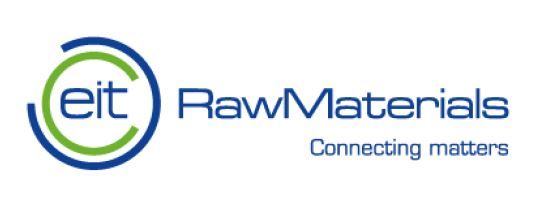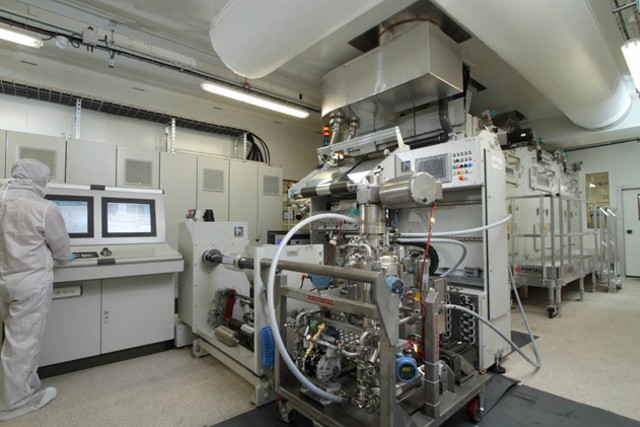ECO COM’BAT: Ecological Composites for High-Efficient Li-Ion Batteries
The EU funded project ECO COM'BAT opens up a new approach to enhance sustainability of high-voltage batteries. Electromobility sets challenging technical requirements for new high-performance batteries – cruising range, life span, safety, or charging times. But an intrinsic challenge is the resource need for a growing number of big car batteries, so new, more sustainable material concepts have to be developed.
The objective of the EIT RawMaterials project ECO COM'BAT was to combine green and high-performance materials and to upscale their production for the next generation of high-voltage lithium-ion batteries. Compared to conventional batteries the new type had to be more powerful and with regard to the materials used more sustainable. Critical materials like cobalt or fluorine in the electrolyte should be reduced significantly.
Low-cobalt NMC 622, coated with optimized ORMOCER®s, was introduced as electrode material. Together with a special high-voltage electrolyte based on the conductive salt lithium-bis(fluorosulfonyl)imide (LiFSI) this led to approximately 20 percent reduction of cobalt content and a reduction of electrolyte fluorine content by two thirds. In addition, commercially available structured carbon additives (Porocarb® and Graphistrength®) increased the energy and power density. Tested in pouch cells on a pilot level, the more sustainable materials showed an improved performance (up to 50 % better cycle stability at 4.3 V) in comparison to cells with industrial reference samples.
The new materials were produced on a pilot level of batch sizes with up to 20 kilograms within the ECO COM'BAT project. Furthermore, an efficient recycling concept was developed and tested to recover precious materials like nickel, cobalt, graphite and lithium and to achieve a high degree of sustainability.
Project funding
The ECO COMBAT project has received funding from the European Institute of Innovation and Technology EIT within the period from 1 April 2016 – 31 December 2018.
The EIT RawMaterials, initiated and funded by the EIT (European Institute of Innovation and Technology), a body of the European Union, is the largest consortium in the raw materials sector worldwide. Its vision is to develop raw materials into a major strength for Europe. Its mission is to enable sustainable competitiveness of the European minerals, metals and materials sector along the value chain by driving innovation, education and entrepreneurship.
Partners
- Fraunhofer Institute for Silicate Research ISC (co-ordinator), Germany
- Agencia Estatal Consejo Superior de Investigaciones Cientificas, CSIC (Spanish National Research Council), Spain
- Agenzia Nazionale per le Nuove Tecnologie, l’Energia e lo Sviluppo Economico Sostenibile (ENEA), Italy
- Arkema France, France
- Commissariat à l’énergie atomique et aux énergies alternatives, CEA
(French Alternative Energies and Atomic Energy Commission), France - Custom Cells Itzehoe GmbH (CCI), Germany
- SAFT Incubator, France
- Technische Universität Darmstadt, Germany
- UMICORE NV, Belgium
- Vlaamse Instelling voor Technologisch Onderzoek NV – (Flemish Institute for Technological Research NV VITO), Belgium

Project contact
Dr. Andreas Bittner | Fraunhofer Institute for Silicate Research ISC
Phone +49 931 4100-213 | Neunerplatz 2 | 97082 Würzburg, Germany
www.isc.fraunhofer.de | andreas.bittner[at]isc.fraunhofer.de
Media contact
Marie-Luise Righi
Project Website
www.eco-combat.com
